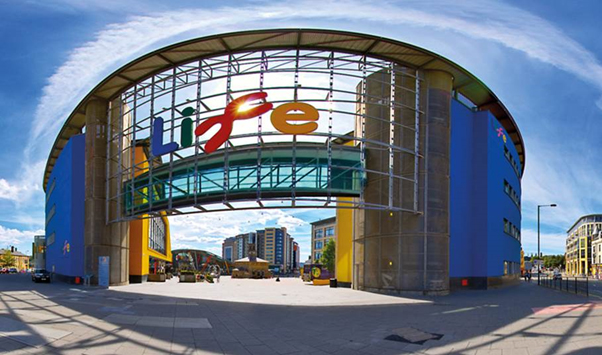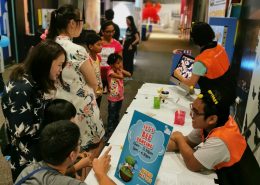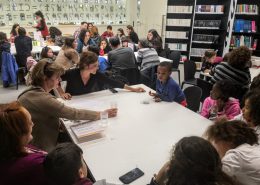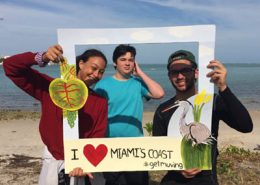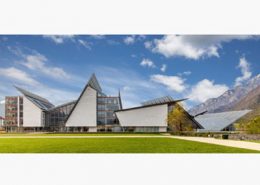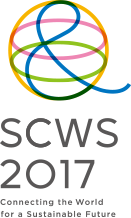By Noel Jackson
International Centre for Life
Goal 1: End poverty in all its forms everywhere
Goal 3: Ensure healthy lives and promote well being for all, at all ages
Goal 4: Ensure inclusive and equitable quality education and promote lifelong learning opportunities for all
Goal 8: Promote sustained, inclusive and sustainable economic growth, full and productive employment and decent work for all
The components of an ecosystem are critically intertwined. Changing one factor in that ecosystem can have a significant effect on many of its other components. It should be no surprise, therefore, for us to find that the UN Sustainable Millennium Goals are similarly interrelated. Our project aims to show that the concerns of the people in our part of Northeast England are linked with the well-being of millions of people across the tropics. This is particularly poignant when many of those who now live in our city are second and third generation immigrants from countries where tropical diseases are rife.
We know that our visitors, whoever they are, all want their children to do well and be gainfully employed. This is a challenging aspiration in an area where unemployment is significantly higher than any other part of the United Kingdom. At the same time, industries in the area complain that they cannot recruit enough employees who are suitably qualified. When you explore this further, it includes people skills and communication skills but the big problems are scientific and mathematical literacy. The obvious bridge is education. Any activity which leads to young people attaining higher qualifications, particularly in Science, Mathematics, and Technology, will simultaneously work towards Goal 1 (No Poverty), Goal 4 (Quality Education), and Goal 8 (Economic Growth).
In order for students to fully engage, they need to see the value of their work and the benefits that will accrue. The North East of England has several universities undertaking world-class research on various aspects of Malaria Control. In collaboration with Teesside University, we have created a workshop where students ages 15 and older develop a computer model which they use to explore the most important factors for controlling malaria, thereby understanding more about malaria and the use of computer models as a scientific tool.
We intend to make International Science Center and Science Museum Day an event where we explore one of the most important issues affecting our planet, hence our Malaria Day at Life. We will recruit students from secondary schools in the poorest and most deprived parts of the city and work with university partners to provide a day of hands-on workshops. The program is very much in its infancy but we know it will involve young professionals helping the students understand what they do in their working day. An important factor will be to give the young people a glimpse of the researcher’s lifestyles which will seem astonishingly glamorous and well-paid to those from the most deprived areas of the city. The activities we plan will simultaneously show what science can do for Goal 3 (Global Health) as well as provide the young people with inspiration to follow science careers in the future.
Kings College, London have shown with their work on science capital that young people have a very limited view of their opportunities. We hope that our program, with its vibrant mixture of hands-on fun, young role-model scientists, and obvious benefits to everyone will make young people realize that by continuing their studies in STEM subjects they will benefit themselves, their families, and the wider global community.

